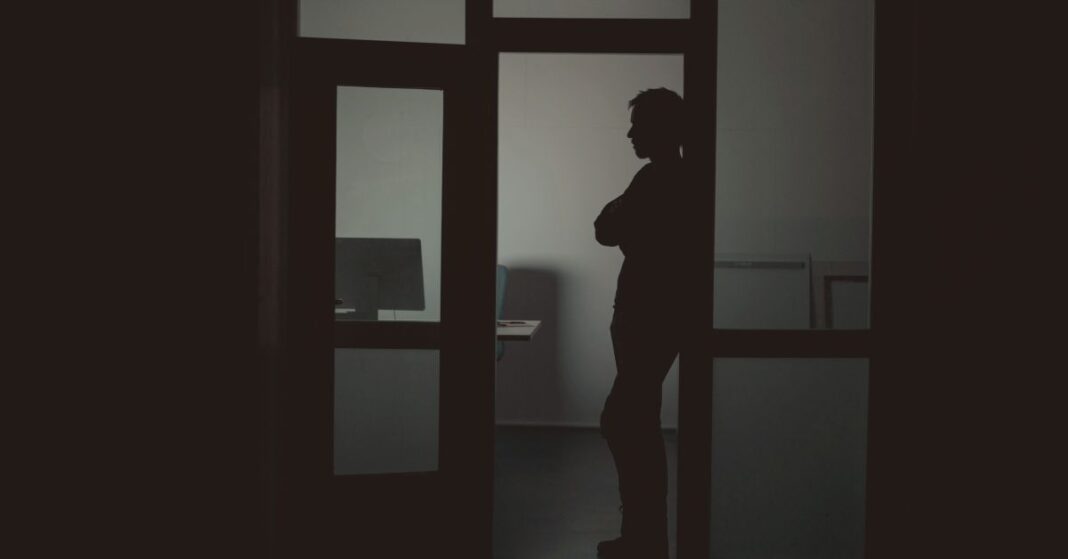Look out for a special gift from me tomorrow (open the email!) It’s another very SPECIAL eBook about how to beat dementia.
To die is not shameful…
Toxic emotions, such as shame and guilt, and not optimism and hope, are common reasons why terminally-ill cancer patients continue with ineffective treatment, at vast cost, at the end of their life. Researchers from Rutgers looked into this and found…
Quitting is seen as cowardice of a sort. A cop out. Abandoning one’s “duty”.
“In the United States, advanced illness care is enveloped in a set of moralized social attitudes around ‘fighting’ and ‘not giving up,’ where death is seen as the enemy, to be fought off at all costs,” said Login S. George, a health services researcher at the Rutgers Institute for Health, Health Care Policy and Aging Research, research member of the Cancer Prevention and Control Program at Rutgers Cancer Institute and lead author of the study published in the journal Health Psychology.
“This creates a dilemma for patients, who can feel like they are falling short of some moral code and disappointing others if they consider discontinuation of treatments,” George said. “Ours is among the first studies to quantify these sentiments.”
George and his colleagues recruited 116 people receiving treatment at the Rutgers Cancer Institute, the state’s only NCI-designated Comprehensive Cancer Center, and other clinical sites between April 2022 and March 2024. Eligible participants had a median life expectancy of less than 12 months and were in the advanced stages of one of several cancers, including pancreatic, lung, colorectal or breast.
The participants were interviewed with a view to establishing their main decision making thoughts and sentiments; particularly what had pushed patients to continue non-beneficial cancer treatments despite a poor prognosis.
In some questions, up to 88% of those interviewed said they continued potentially pointless treatments out of a moral obligation or for the benefit of loved ones. For example, there was an array of responses to the question: “Stopping anticancer treatments would be a form of giving up on my family.” 19% of patients said, “a little,” 19% responded “somewhat,” 15.5% responded “quite a bit,” and 11.2% responded “a great deal.”
Similarly, up to 86% of patients reported they tried to appear more optimistic and physically well than they were feeling when loved ones were present. That makes sense at least.
But the instinct to downplay their discomfort even applied to how patients acted around their oncologists, with more than 41% saying they tried to appear more optimistic and healthier with doctors in the room, which made patients feel uncomfortable and therefore was a source of stress.
Earlier studies have examined cancer patients’ feelings of guilt for burdening others with their care, but George said this study is novel because it focuses on an entirely different source of guilt – one stemming from “not abiding by the social code of battling cancer optimistically.”
At a deeper level, this is about passivity. It’s a truism that patients who are demanding, assertive and throwing their point of view around, sometimes quite rudely, do very well! The passive patient, who gives in to other people’s feelings, will not survive nearly so well.
Let us remind ourselves of the writings of that wonderful human being Bernie Siegel MD, author of Love, Medicine and Miracles:
“I have learned from my experience with patients and by asking them, ‘Why didn’t you die when you were supposed to?’ that they always had a story to tell. I can recall, as an intern, realizing that the seniors, with hip fractures, who were noisy and demanding didn’t develop pneumonia and die while the submissive, quiet seniors who never raised their voice or caused a problem had a much higher mortality rate.

“We now know from studies how one’s emotions and personality affect survival rates. I was criticized years ago for speaking about many things; no one had researched because no one believed they made sense, which are now scientific. Simple things like laughter affecting the survival of cancer patients and loneliness affecting the genes which control immune function are now proven to be true by studies…
“When people have a sense of meaning in their life, express anger and emotions appropriately in defense of themselves, ask for help from family and friends, participate in their health care decisions, say no to what they choose not to do, find time to do what they enjoy and to play, use their feelings to help them to heal their lives and do not live a role but an authentic life they will always do better than expected… [my emphasis KS-M]
And finally: “I found a large part of the problem was that people were afraid to take responsibility and participate because if they didn’t get well that would mean they were a failure… If you do not grow up with parents who love you and give you mottoes to live by and teachers, clergy and other authority figures who love and respect you then you are into guilt, shame, blame, addictions and self-destructive behavior.”²
In an ideal world, a decision about stopping or continuing treatment would be guided by deliberation and intention and reflection on the part of patients, including open dialogue with their caregivers, oncologists and others. But according to George, “…It appears that process can be restrained by some of these feelings of shame and obligation to others.”
Obviously findings such as these have significant implications for end-of-life planning for those with advanced serious illness and should push families, loved ones and clinical providers to think deeply about what motivates patient preferences. That means helping patients recognize they have the choice, or permission, to discontinue treatments that are not seen to be worthwhile.
What’s not really addressed the fact that doctors will often push patients towards minimally-useful treatments because it is lucrative for them. Doctors are in a strong position of authority and, it has to be said, quite capable of pushing the guilt and shame buttons, to get the patients to continue.
“Typically, doctors present people with information about treatment options and ask them what they want to do,” George commented. “These results suggest we need to go a step further and discuss moral sentiments. Helping people articulate their feelings related to needing to continue treatments out of social expectations, or for the sake of others, could produce outcomes that are more in line with a patient’s actual wishes.”
This turns on a point I often visit and comment about, which is that much emphasis is given to the feelings of cancer patients (quite rightly) but there is little emphasis on individuals in the surrounding environment and this is a sad thing, because one day the patient will be gone but family and friends are left behind, bereft and suffering, sometimes for a long period.
They do have feelings and entitlements too. I’m not saying their position is more important than that of the patients. I am saying that there has to be honest dialogue and all points of view included in decisions made. Doctors should be fully aware of what is going on but not try to influence matters, one way or another.
Never stop fighting for yourself. Never give up (Winston Churchill) and finally: leave with as much dignity as you can muster when the end comes.
To your good health,Prof. Keith Scott-Mumby
The Official Alternative Doctor
Sources:
1. Ahead of publication study at: https://psycnet.apa.org/
2. https://berniesiegelmd.com/resources/articles/from-cancer-patient-to-respant/




